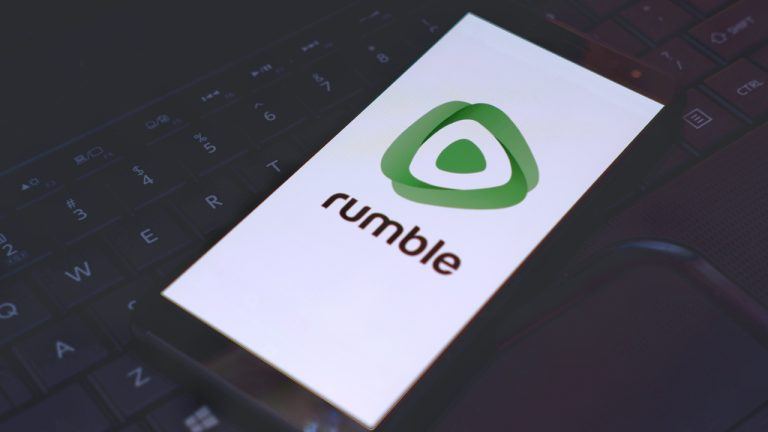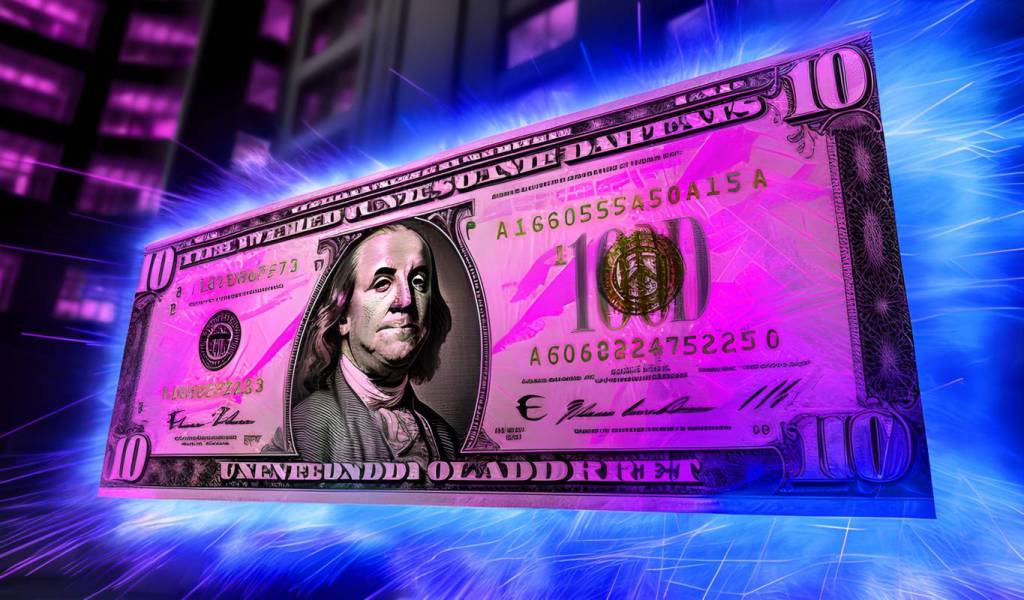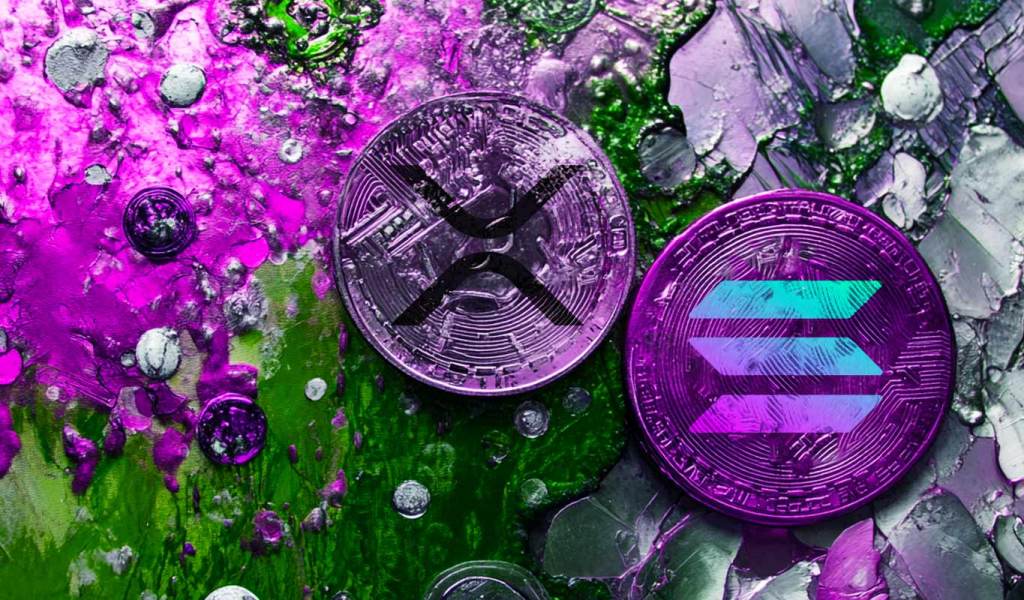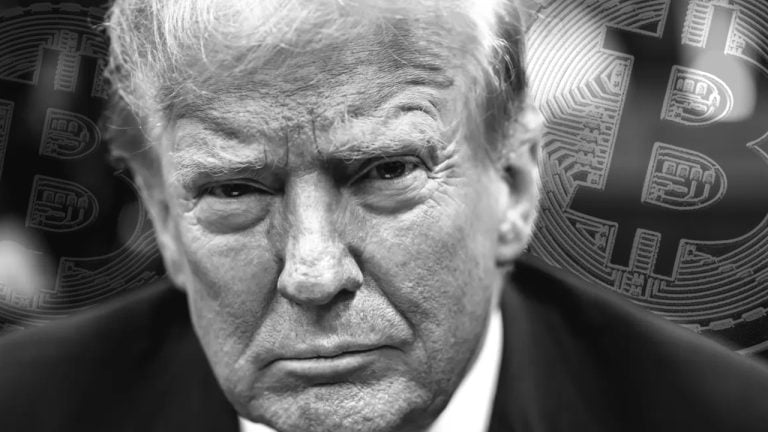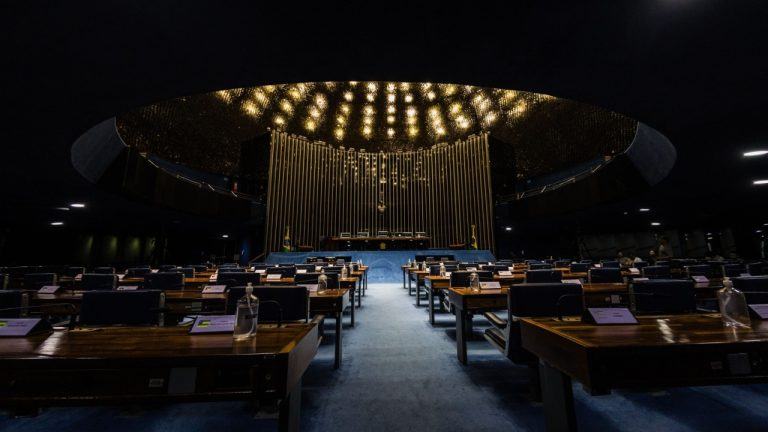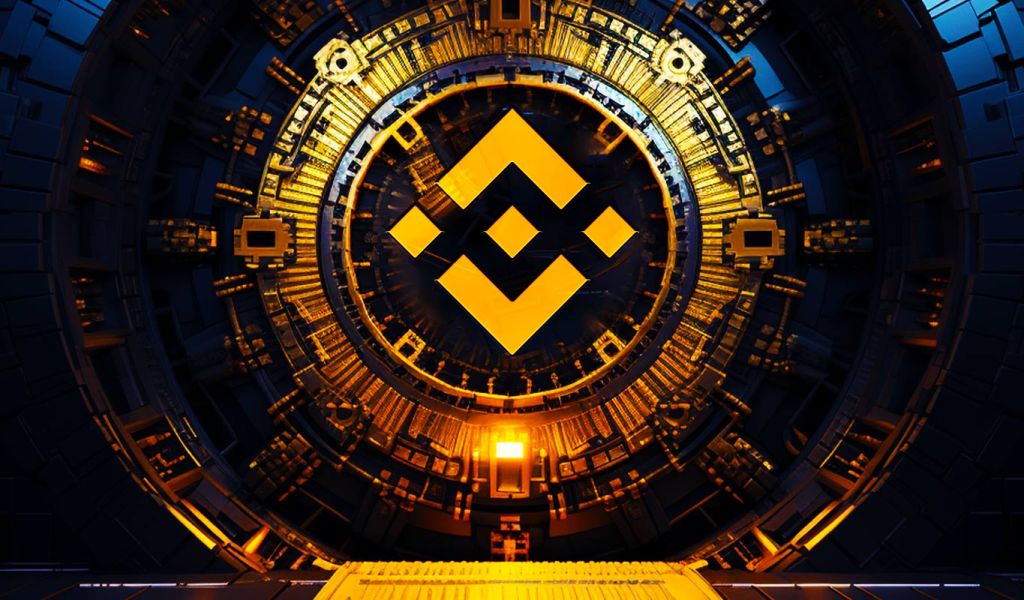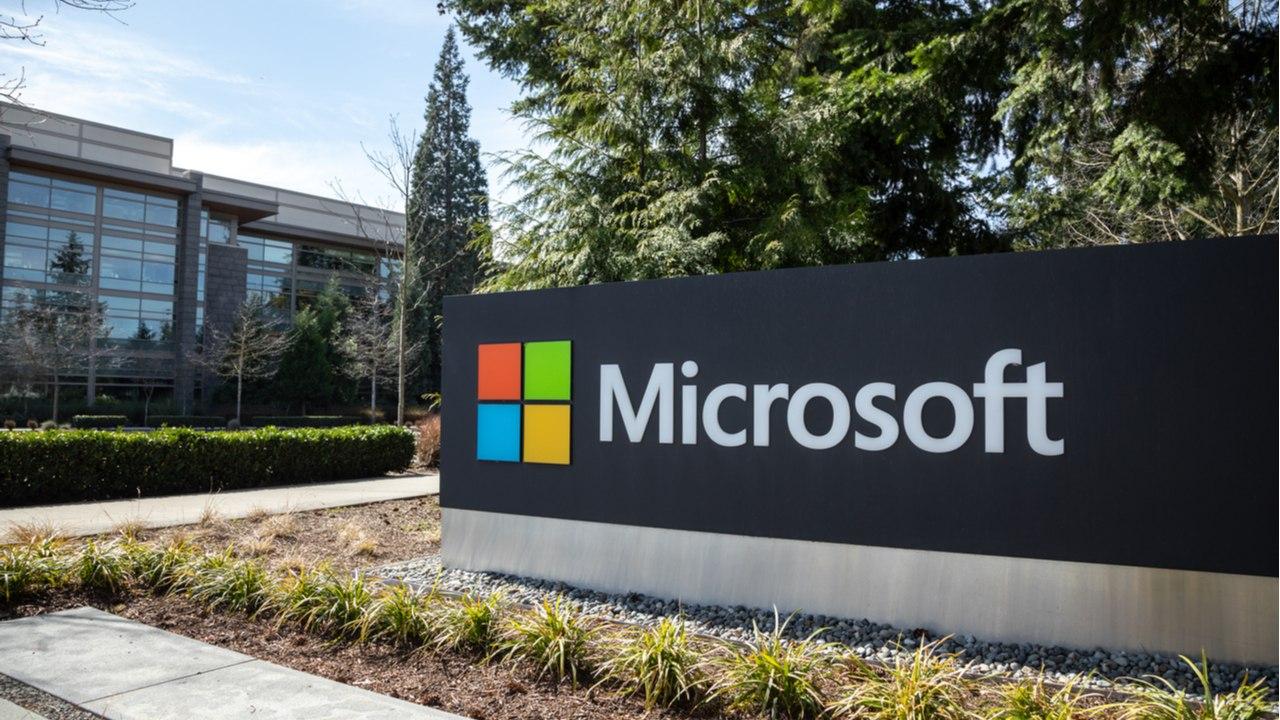
Microsoft to Offer Mesh, a Corporate Metaverse for Teams

Microsoft has announced the launch of a metaverse-inspired feature for its Teams app called Mesh. Mesh will allow users to introduce personalized avatars in digital worlds, making meetings more immersive. The platform is being announced on the heels of Facebook’s pivot to becoming a metaverse-dedicated company, changing its name to “Meta.”
Microsoft Embraces the Metaverse
Software behemoth Microsoft has announced it will release a metaverse-inspired solution for its Teams app called Mesh. With Mesh, users in meetings will feel more immersed because the app will introduce avatars — digital representations of the user — for applications like team calls. Furthermore, the avatars will be able to meet and greet each other in an immersive, digital world.
This new feature will be available for users with smartphones, laptops, or even holographic devices. According to Jeff Teper, a Microsoft corporate vice president, Mesh is a way to:
Signal we’re in the same virtual space, we’re one team, we’re one group, and help take the formality down a peg and the engagement up a peg. We’ve seen that those tools have accomplished both goals of helping a team be more effective and also helping individuals be more engaged.
Playing Catch-Up
While the feature has been in development for some time now, Microsoft’s move feels like it comes right on the heels of the recent Facebook name change to Meta. The corporate and social worlds are starting to value these kinds of services and to offer them as part of a new conception of social contact and work in the aftermath of the Covid-19 pandemic.
However, metaverse proposals are not new, and many blockchain projects have already been presenting similar self-contained worlds. One of these is a relatively obscure blockchain project called Decentraland, which was launched in the boom of the ICO season back in 2017. Founded by Ariel Meilich and Esteban Ordano, the project established a virtual world where plots of land can be bought by individuals and companies to establish virtual stands or other useful digital representations.
The Sandbox is another similar project. Owned by Animoca Brands (which recently received funding from Ubisoft, a leading game development company), the project also features virtual land and assets. These assets can be created by the user and monetized, too, as objects are automatically turned into NFTs, thus introducing the concept of true ownership in the digital world.
What do you think about Microsoft Mesh and its virtual bet? Tell us in the comments section below.
Go to Source
Author: Sergio Goschenko


